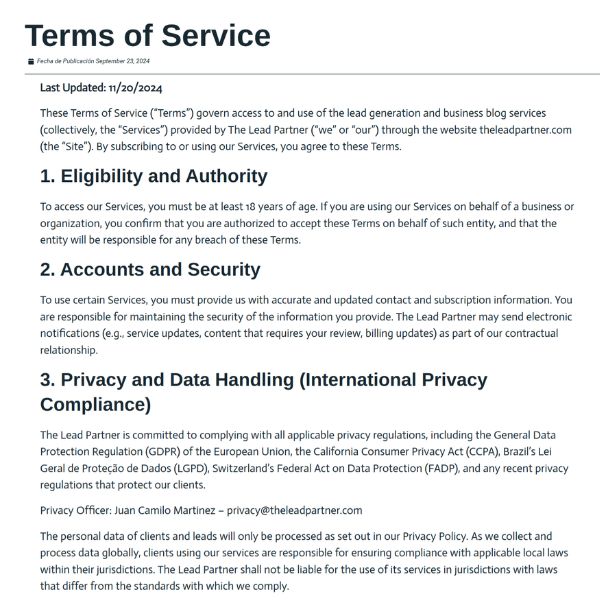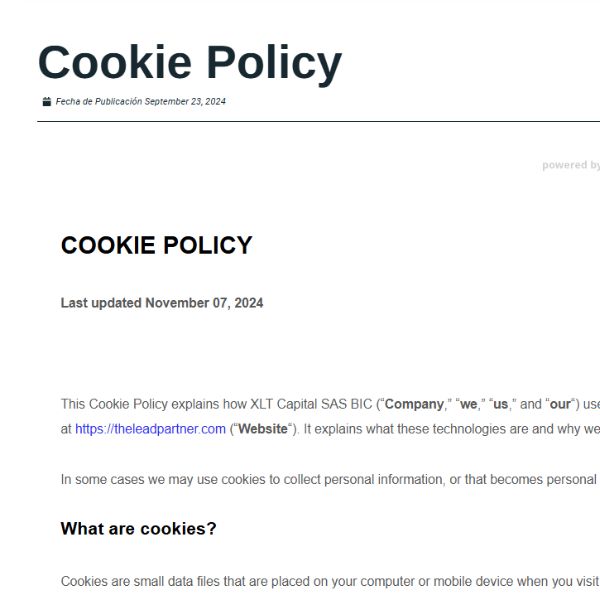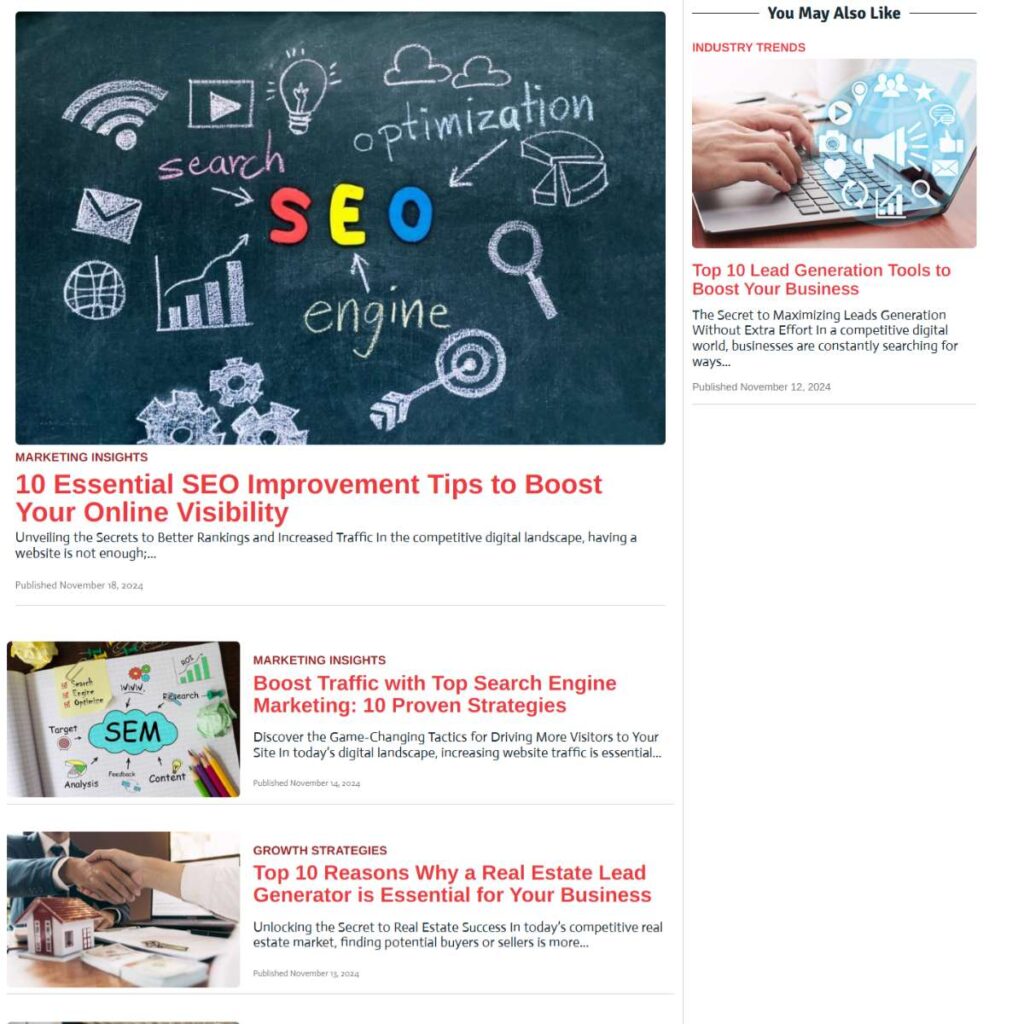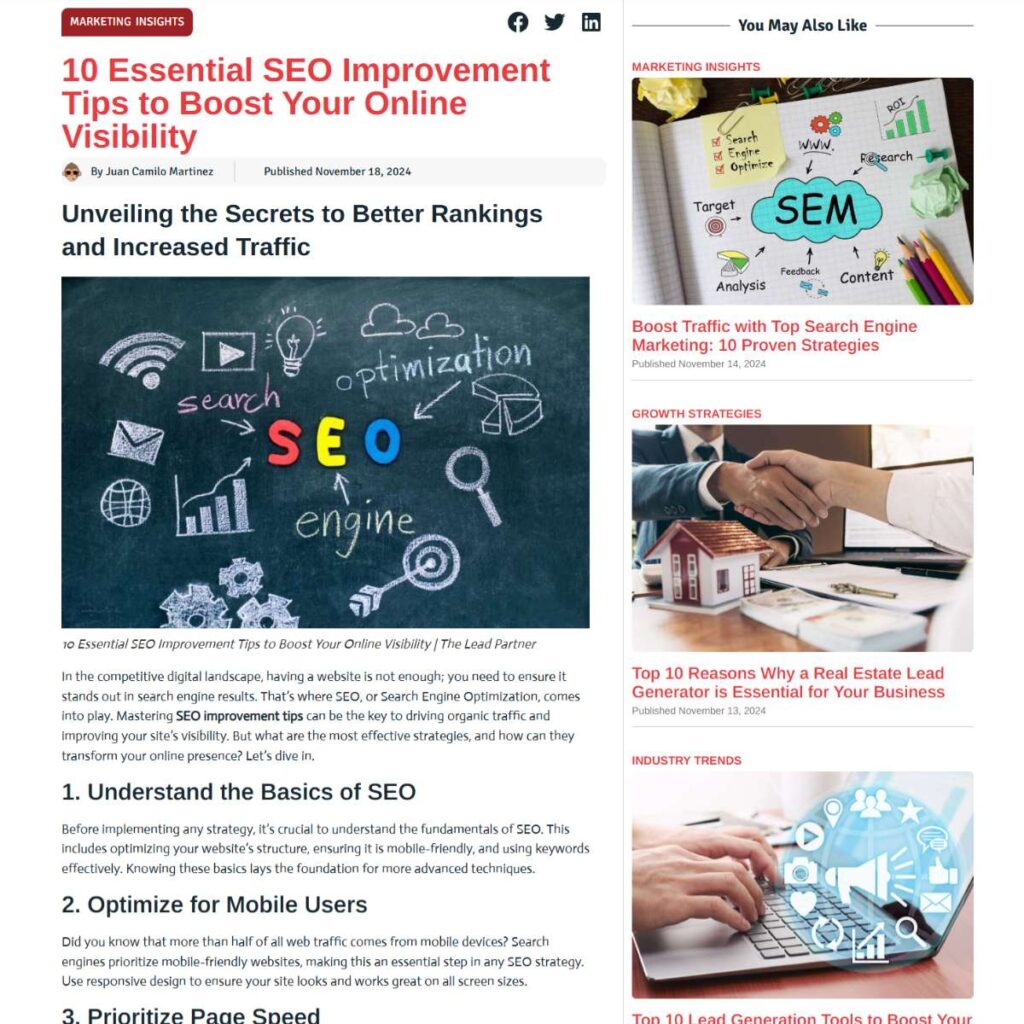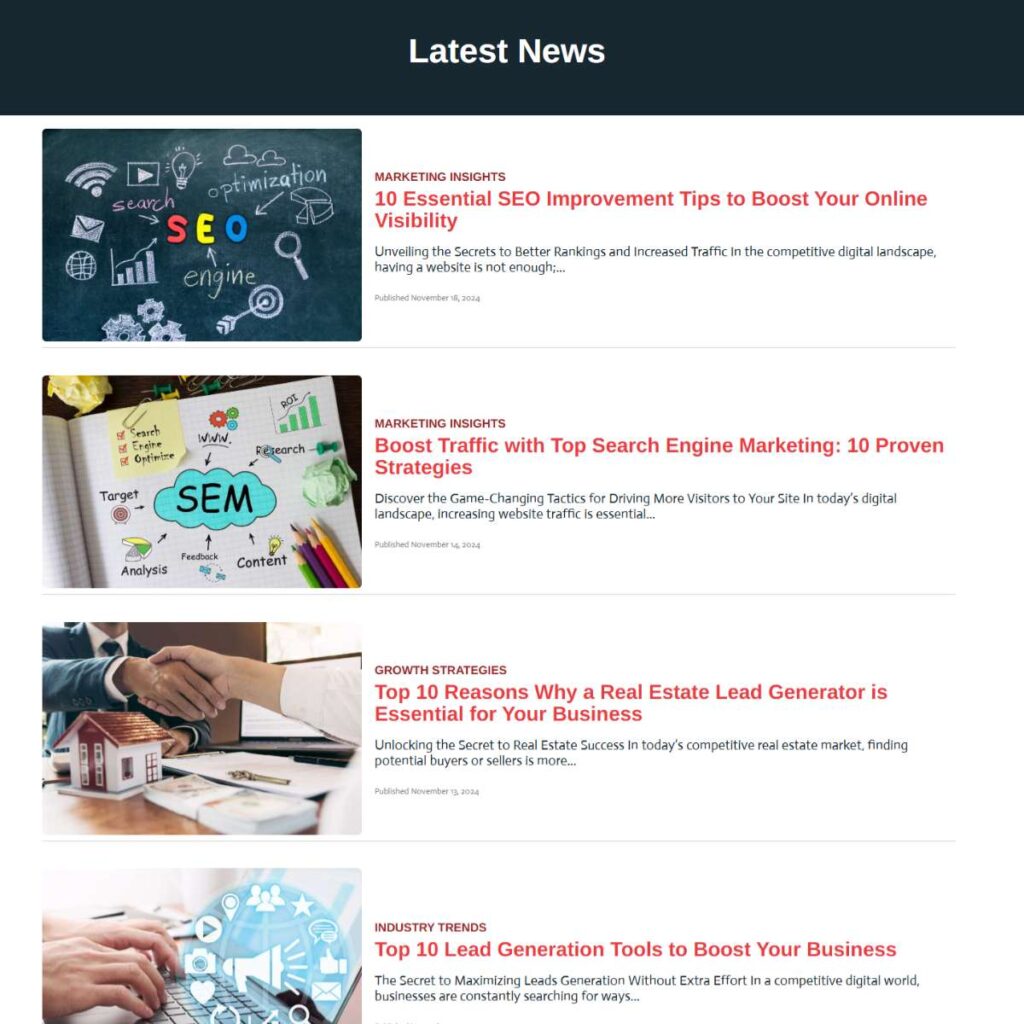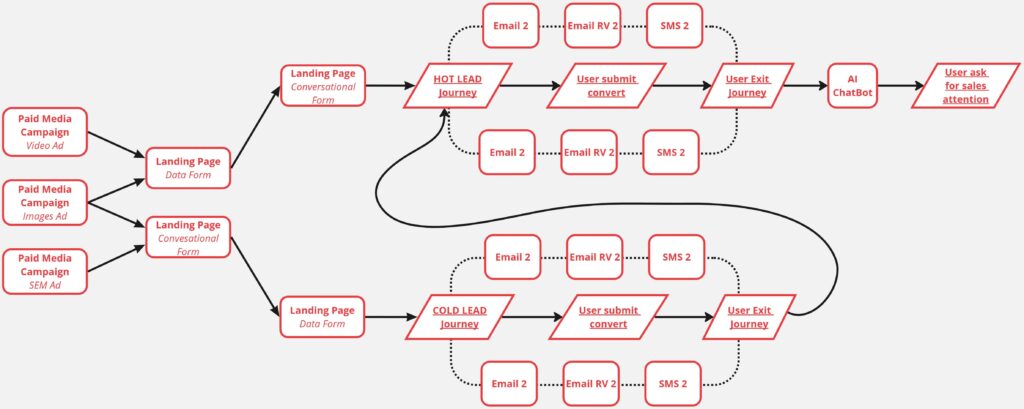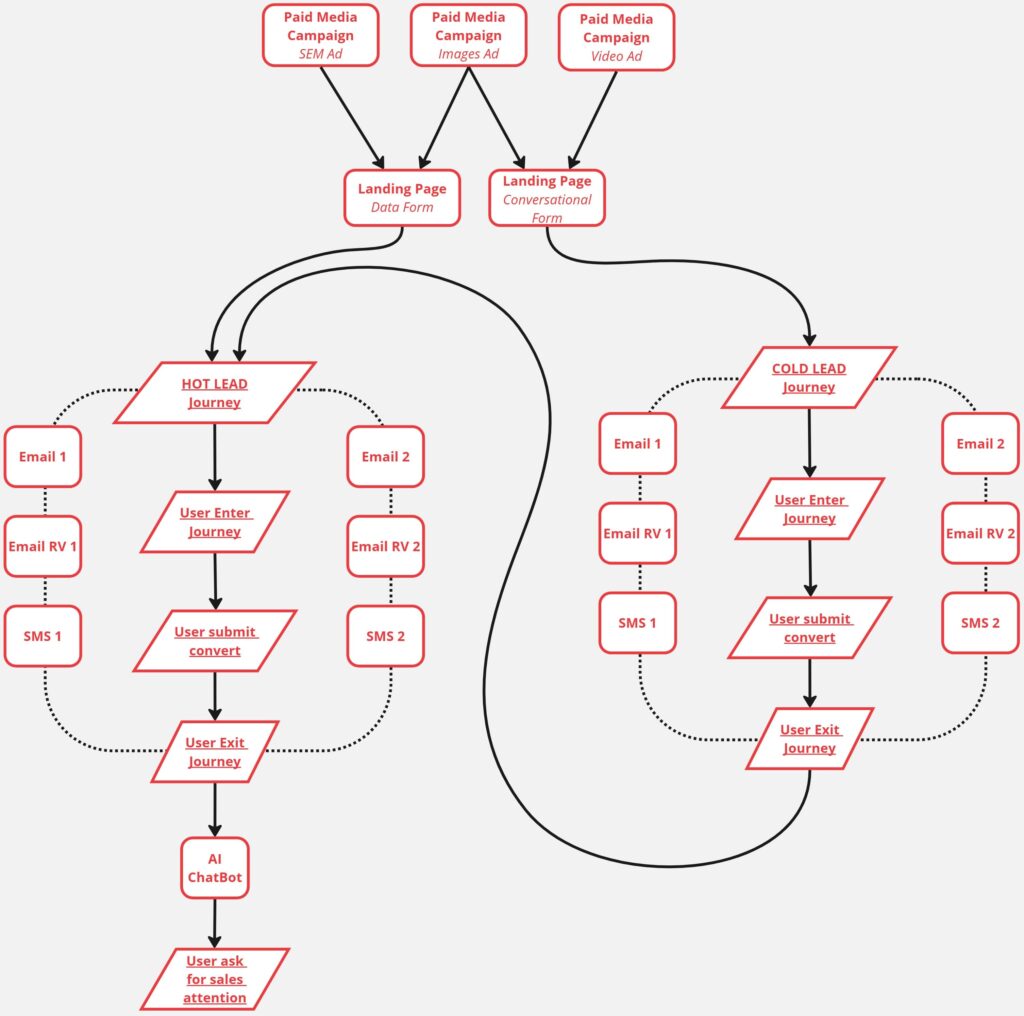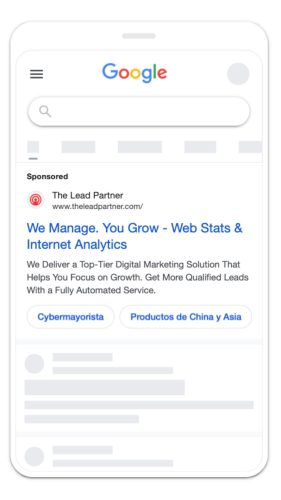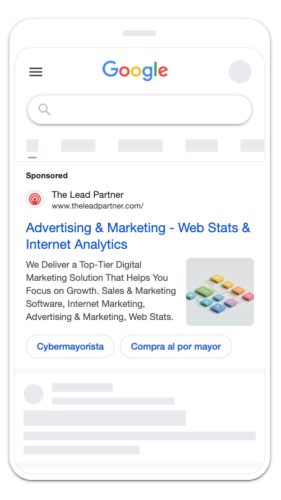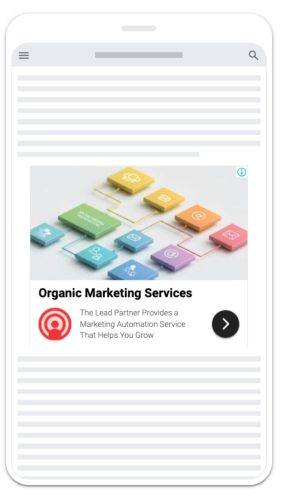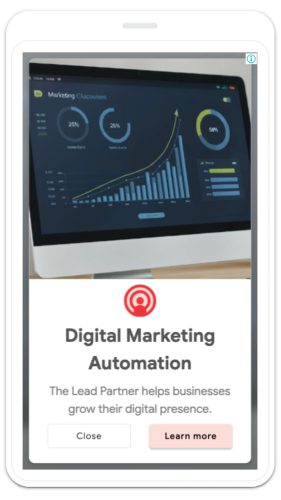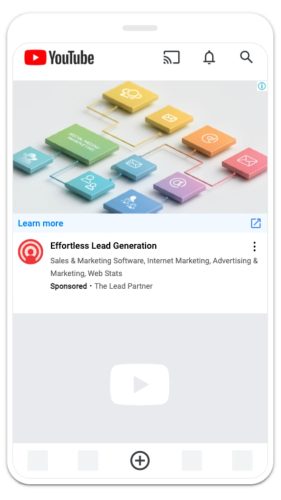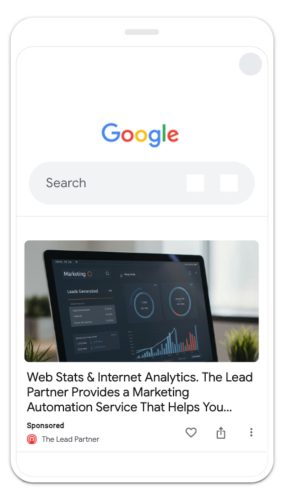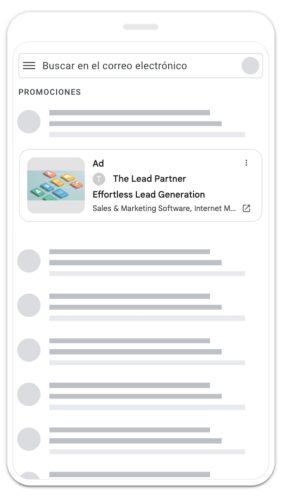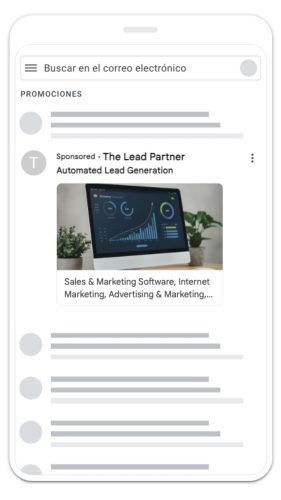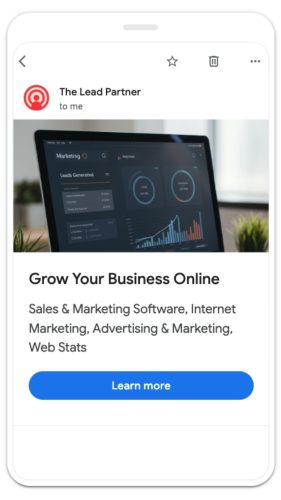Why AI in Marketing is a Game-Changer for Modern Enterprises
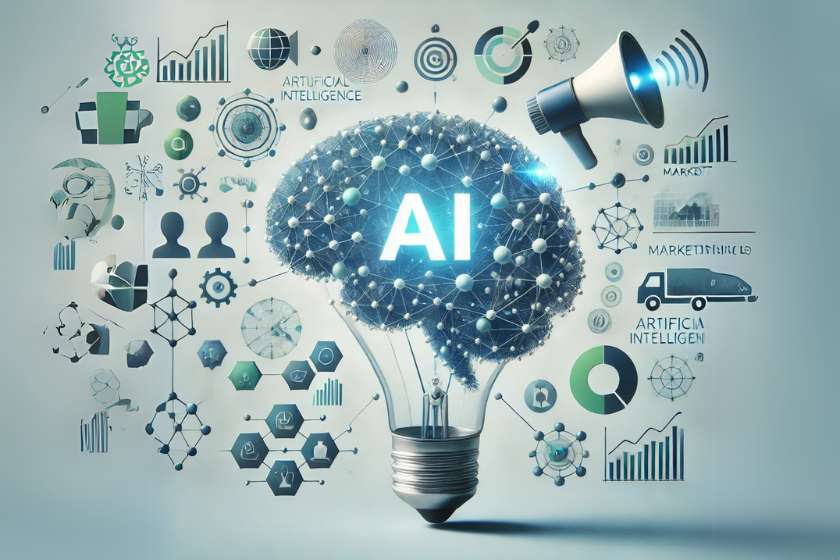
Artificial Intelligence (AI) has permeated almost every industry, but its influence in marketing has been particularly transformative. From personalized recommendations to predictive analytics, AI is reshaping the way companies interact with their customers. In this post, we will explore the origins, importance, and future implications of AI in marketing, along with actionable insights to harness its potential effectively.
What Is AI in Marketing?
AI in marketing refers to the use of machine learning algorithms and data analytics to optimize marketing efforts. It includes tools and strategies that enable brands to deliver targeted messages, automate repetitive tasks, and gain deeper insights into consumer behavior. While AI’s role in marketing has grown significantly in the past decade, its roots trace back to early developments in computing and data analysis.
Why Is AI Important in Marketing?
Marketing has always been about understanding the customer, but with the explosion of digital platforms, this task has become increasingly complex. AI simplifies this challenge by processing vast amounts of data in real time, providing actionable insights that were once unattainable. Businesses can now predict trends, anticipate customer needs, and optimize their campaigns for better results.
Moreover, AI empowers companies to create hyper-personalized experiences. For instance, AI-driven tools can analyze browsing habits to suggest relevant products, enhancing customer satisfaction and loyalty. This level of precision was previously unthinkable with traditional marketing methods.
A Brief History of AI in Marketing
AI’s journey in marketing began with the advent of early computing systems in the mid-20th century. However, it wasn’t until the rise of big data and cloud computing in the 2000s that AI became practical for marketing applications. Pioneers like Google and Amazon demonstrated the potential of AI through sophisticated recommendation engines and dynamic advertising models. Today, advancements in natural language processing (NLP) and machine learning have made AI tools more accessible, enabling businesses of all sizes to leverage its capabilities.
The Challenges AI Addresses in Marketing
One of the primary challenges in marketing is managing the sheer volume of customer data generated daily. AI not only processes this data efficiently but also extracts meaningful patterns that drive decision-making. It addresses issues such as:
- Identifying and targeting the right audience.
- Reducing the time spent on manual data analysis.
- Streamlining marketing campaigns through automation.
- Improving return on investment (ROI) by minimizing resource wastage.
For example, The Lead Partner, a leading provider in automated lead generation, utilizes AI to create seamless solutions for businesses. By eliminating the need for complex integrations, additional staff, or excessive licensing costs, The Lead Partner allows companies to focus on scaling their operations without the administrative burden.
Practical Applications of AI in Marketing
AI is not just a futuristic concept; it’s already transforming marketing practices today. Some of its most impactful applications include:
- Chatbots and Virtual Assistants: Providing 24/7 customer support and enhancing user engagement.
- Predictive Analytics: Helping marketers anticipate future trends and allocate resources more effectively.
- Programmatic Advertising: Automating ad placements to reach the right audience at the right time.
- Content Generation: Assisting in creating tailored blog posts, social media updates, and other content.
Recommendations for Leveraging AI in Marketing
To fully utilize AI’s potential in marketing, consider exploring the following tools and platforms:
- HubSpot: For AI-driven customer relationship management.
- Google Analytics 4: To gain deeper insights into user behavior.
- Jasper.ai: For generating high-quality content at scale.
Partnering with comprehensive solutions like The Lead Partner can further amplify your efforts. Their approach combines advanced AI tools with an all-in-one lead generation model, ensuring your campaigns are efficient, effective, and stress-free.
Conclusion: The Future of AI in Marketing
The integration of AI in marketing is no longer optional; it is a necessity for businesses aiming to stay competitive. Its ability to optimize processes, enhance customer experiences, and drive growth is unparalleled. As AI technology continues to evolve, marketers must remain proactive in adopting innovative tools and strategies.
Final Thoughts and Next Steps
AI in marketing is not just a trend—it’s a strategic advantage that can propel businesses to new heights. To explore how your organization can benefit, start by identifying key areas where AI can create the most impact. Working with trusted providers like The Lead Partner ensures you gain access to cutting-edge solutions without the hassle of managing complex integrations or additional overhead.
Looking to provide valuable content like this for your audience? Discover our organic traffic generation solutions today.

















